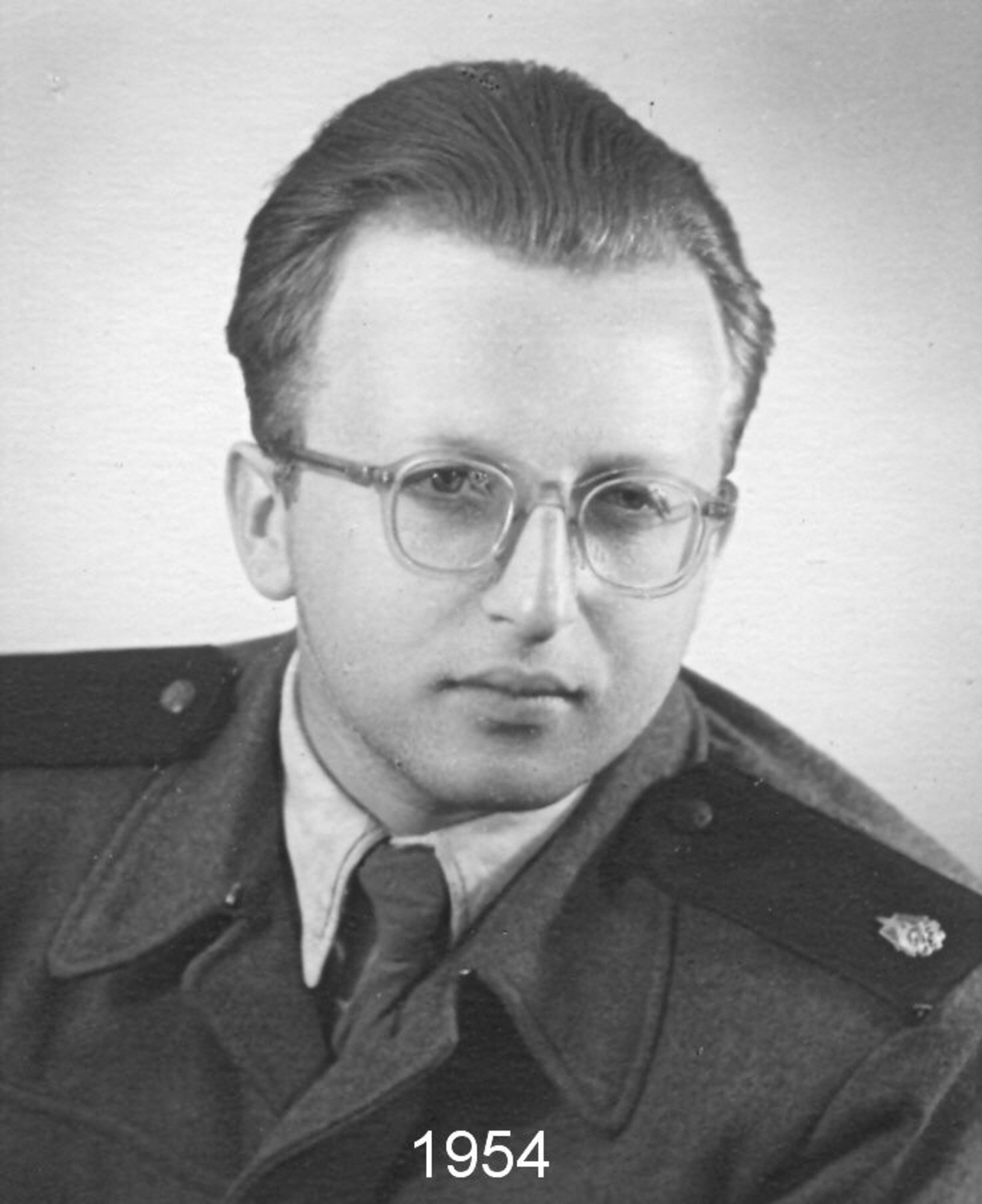It‘s always better with sport

Stáhnout obrázek
Zdeněk Hampl was born on 12 July 1931 in Hradec Králové. His father Stanislav started a metal processing business in the First Republic. Before the Second World War he already owned a large warehouse in Hradec Králové and employed several workers. Zdeněk had a happy childhood and spent his free time playing sports in Sokol. He enjoyed basketball the most. His mother came from a Jewish family and during the war she was protected from deportation for some time by her marriage to Stanislav Hampl. In 1944, however, she was summoned for transport to the Terezín ghetto, where she lived to see the end of the war. The witness‘s older brother Vítězslav had to enter a labour camp in Postoloprty. However, he escaped from there in March or April 1945 and hid in Hradec Králové until the end of the war. Fortunately, Zdeněk escaped the anti-Jewish measures; he was not yet fifteen years old. The family was happily reunited after the war and his father‘s company prospered until the February 1948 coup. That year, 1948, his warehouse and later his shop were confiscated. In 1950, Stanislav Hampl was arrested and sentenced in a public trial for alleged treason to twenty-two years. He was then released on amnesty in 1960. At that time, he still managed to finish his high school diploma, but further studies were out of the question. He served in the war from 1952 to 1954 in the Auxiliary Technical Battalions (PTP). He then worked in a municipal construction company, where he worked his way up to manager of the plumbing centre. From 1965 he headed the newly established apprenticeship centre in the company. In his spare time, he played basketball at the top level - first as a player and referee, and later as coach of the women‘s team. After retiring in the early 1990s, he continued to coach. He also wrote the book From the History of Hradec Králové Basketball.




